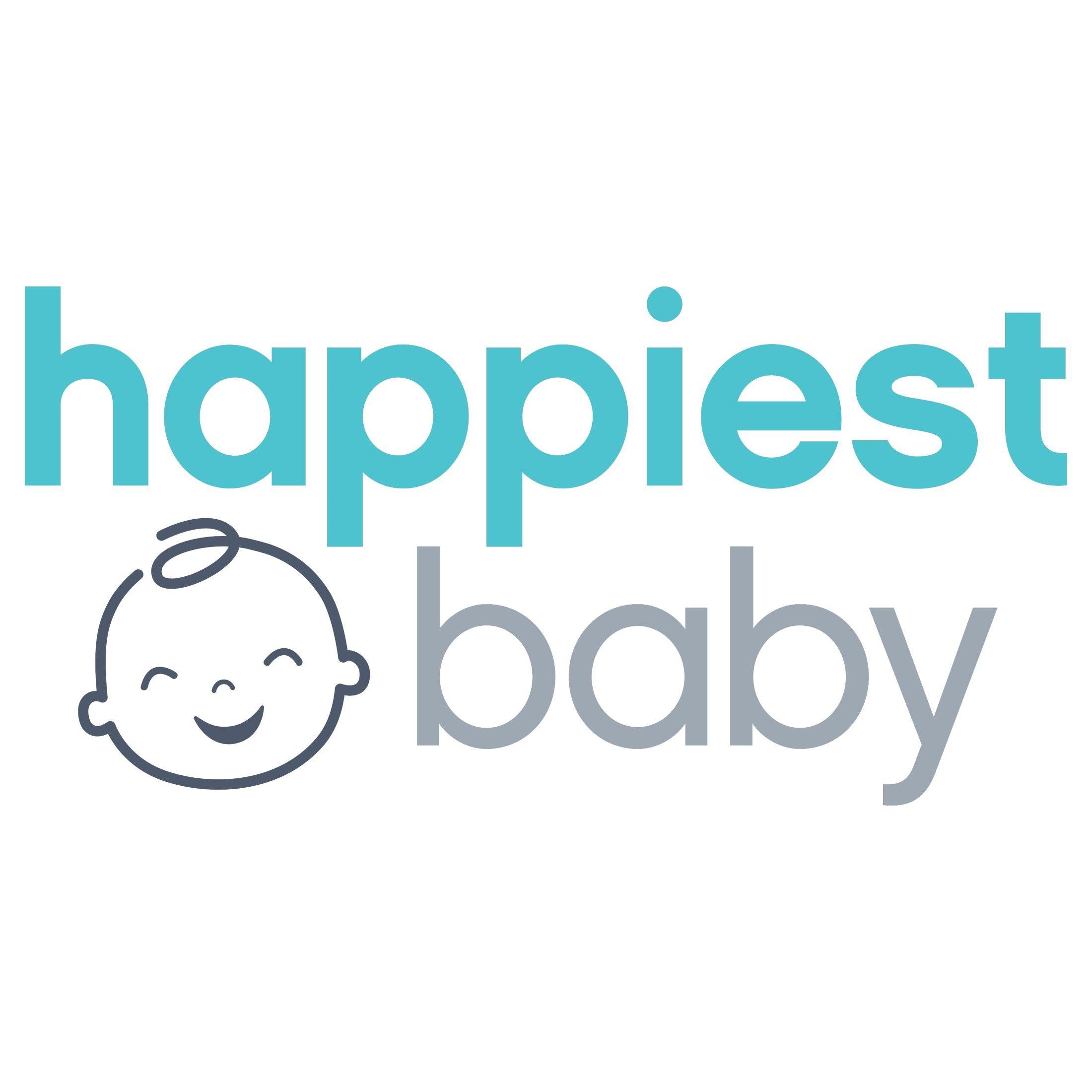TODDLER
30 Compliments That Build Resilience in Kids
The way you offer your toddler kudos can either build resilience or squash it. Learn the difference!

Written by
Happiest Baby Staff

SHARE THIS ARTICLE
PARENT PICKS
Bestsellers
TODDLER

Written by
Happiest Baby Staff

SHARE THIS ARTICLE
Bestsellers
From toddlers to grandparents, everyone loves a compliment! But while you wouldn’t think twice about flattering your Nana on her cooking, her garden, or her freshly done-up hair, thinking twice is exactly what you need to do before doling out kudos to kiddos! That’s because the actions and attributes you decide to compliment—and the way you offer praise—can either build a child’s self-esteem and resilience, or chip away at it. Learn more about how to compliment children the right way.
Please, do! Being a toddler is no easy task, so the just-right compliment can work wonders to encourage good behaviour and healthy self-esteem. In fact, a 2017 British study showed that complimenting 2- to 4-year-olds for their effort or achievement five times a day improves a child’s wellbeing. The key to delivering an effective compliment to a child: Tailor the praise to feed a growth mindset, which is the belief that one’s skills and qualities can be cultivated through effort and perseverance.
Growth mindset praise is all about zeroing in on the effort and hard work that leads to a child’s achievement. On the flip side is fixed mindset praise, which is centered around the result and/or a quality that’s beyond a child’s control. For example, “I love that you thought to blend the greens and blues to make the ocean” and “You’ve really practiced writing the alphabet. Your improvement shows!” are both growth mindset compliments. But “Your picture is pretty!” and “You’re so smart!” are fixed mindset compliments.
Researchers have found that offering a growth mindset compliment (You did so well. You must have worked really hard!) after children took tackled a puzzle, yielded vastly different results than when they doled out a fixed mindset compliment (You did really well. You must be very smart.) Most of kids who were praised for their intelligence opted for an easier puzzle next time. But more than 90% of children who received growth mindset praise picked a harder puzzle. The reason: Kids who were complimented on their effort and hard work wanted to continue that path to achievement. Whereas children praised for the result were afraid to make a mistake and losing their “smart” label. It’s also important to note that all the kids said they enjoyed the first puzzle, but when the fixed-mindset kids were given a harder puzzle, they reported that the puzzle was no longer enjoyable.
When you compliment your tot, follow these general rules:
For more tips on praising your toddler, read “The Problem With Telling Your Tot “Good Job!”
Disclaimer: The information on our site is NOT medical advice for any specific person or condition. It is only meant as general information. If you have any medical questions and concerns about your child or yourself, please contact your health provider. Breastmilk is the best source of nutrition for babies. It is important that, in preparation for and during breastfeeding, mothers eat a healthy, balanced diet. Combined breast- and bottle-feeding in the first weeks of life may reduce the supply of a mother's breastmilk and reversing the decision not to breastfeed is difficult. If you do decide to use infant formula, you should follow instructions carefully.